Middle School
Middle School Student Life
Cultivating increased independence and understanding
of the world
Homeroom
Middle school students start and end each day in homeroom with the same cohort of students. Homeroom cohorts travel together from class to class. Homeroom teachers are mentors for their students and they are the primary point of contact with parents.
In the mornings, students prepare for their days; in the afternoons, they review with their homeroom teachers what they need for their homework. Students participate in Silent Meeting twice a week.
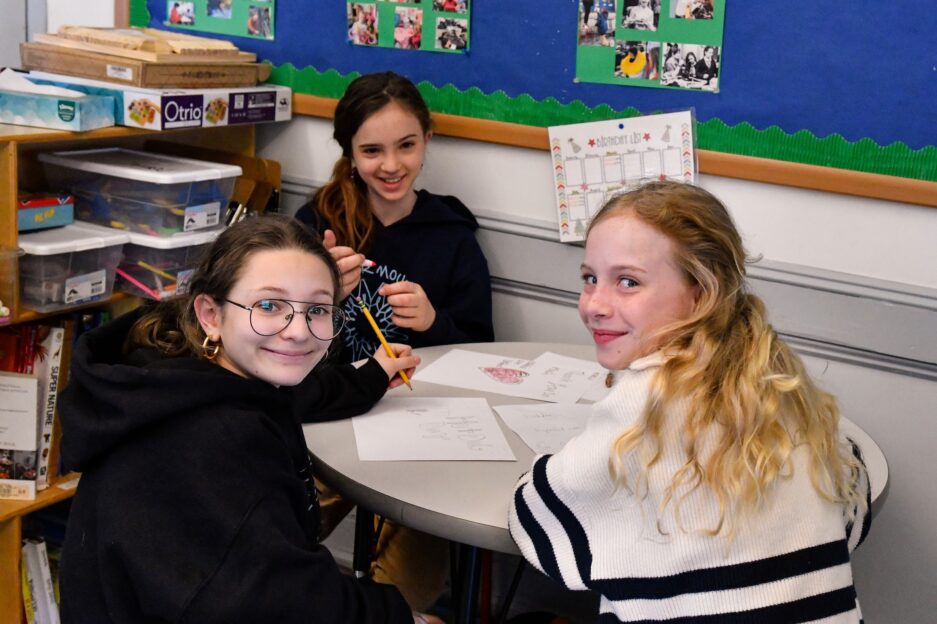
Workshops
Students look forward to the last hour of every Friday, when workshops take over middle school classrooms. They choose from a myriad of offerings to learn something new and have fun with students and teachers from other classes. Sometimes workshops are student driven. Each trimester, students have the opportunity to try a new club and explore a different interest or build a new skill.
Recent workshops have included Dungeons and Dragons, fabric arts, outdoor painting, woodworking, needle felting, newspaper, and Yardbirds. Other, more eclectic clubs have included Bollywood dance and Italian food. Generally, ten activities are offered each trimester. At least two workshops are dedicated to athletics each trimester.
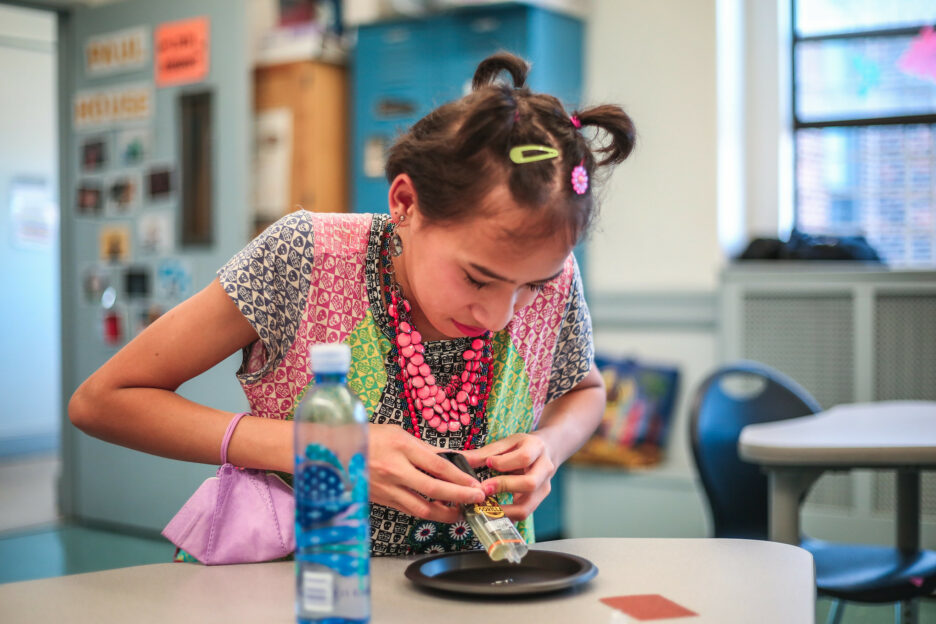
Travel and Trips
Fostering a global perspective and respect for all cultures is a high priority at MMFS. One of the ways we promote this global perspective is through international travel, which builds on the themes students are studying and exposes them to a variety of international cultures.
Students take several trips in sixth and seventh grade, including overnights at Nature’s Classroom, that extend learning beyond the classroom. In seventh grade, students take a trip to Philadelphia to learn more about US history.
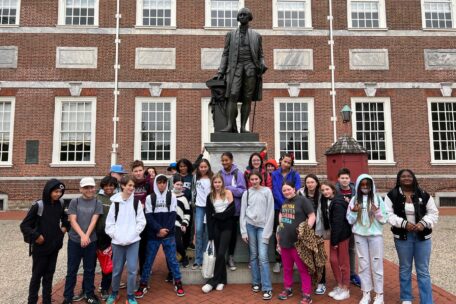
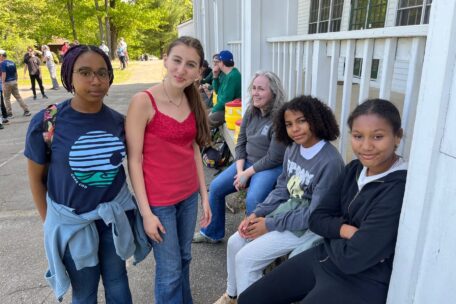
The eighth grade Costa Rica trip is a highlight of the middle school experience. This international, six-day trip is the culmination of their study of Spanish. Students attend intensive Spanish language classes each morning and go on field trips to cultural and natural sites each afternoon. Eighth grade students also participate in workshops, using the city of New York as their classroom. Students sign up for two two-day workshops, filled with outside activities.
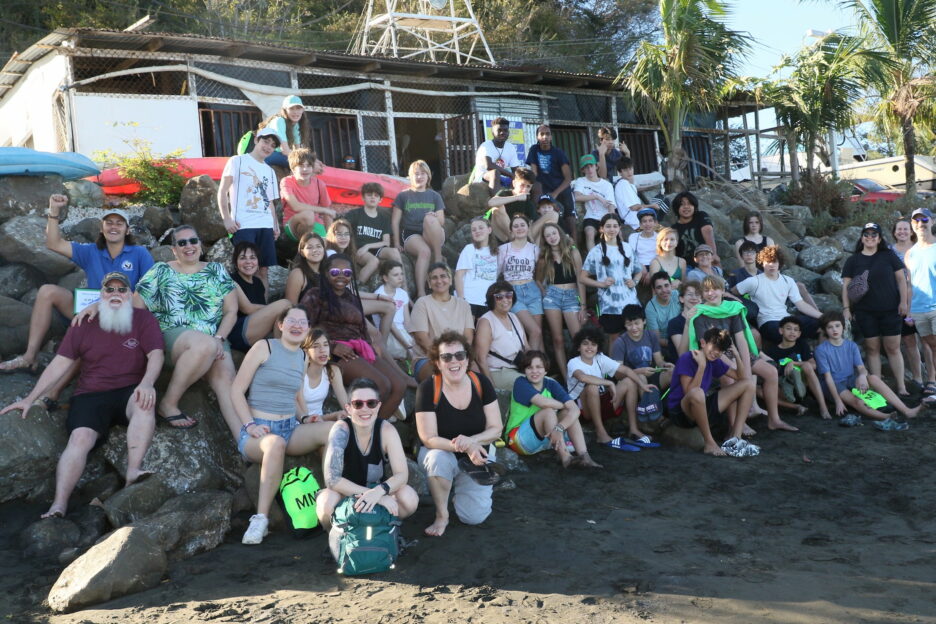
Travel gives students the opportunity to explore different cultures and languages with the support of teachers who know and understand them. It is a powerful, confidence-building experience for students with learning disabilities. Travel helps students understand the context of their own communities, and helps them to develop more independence in navigating the world. For many of our students, these are life-changing experiences and ones that shape their own future possibilities.